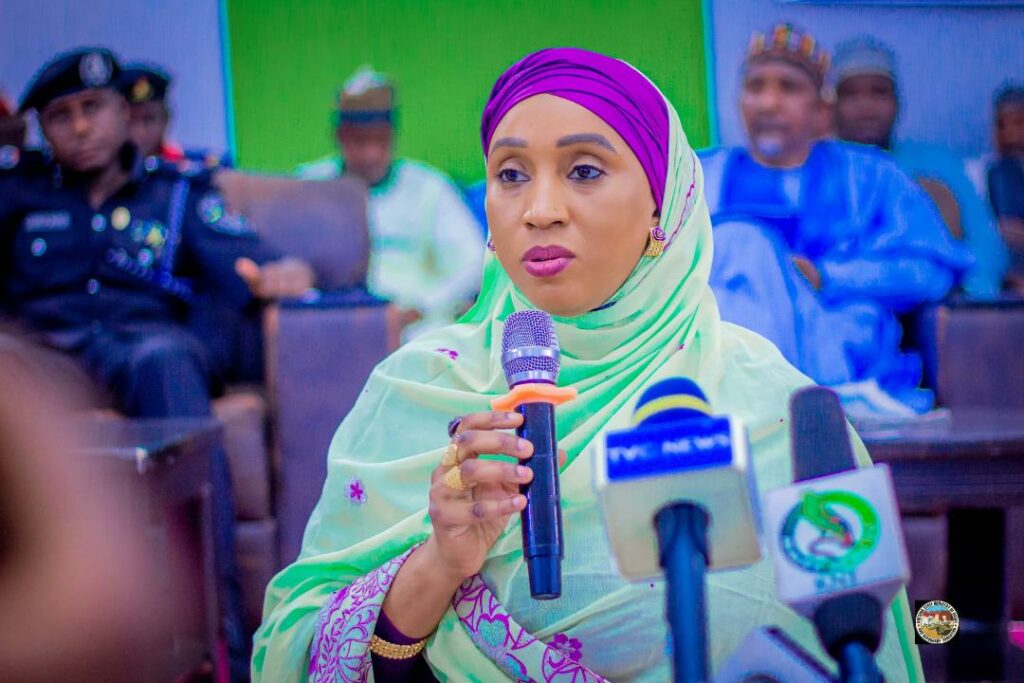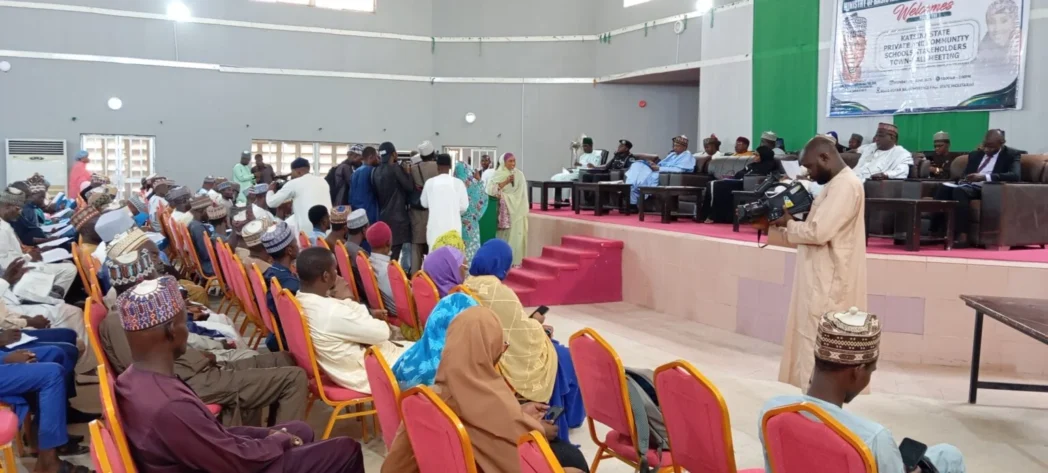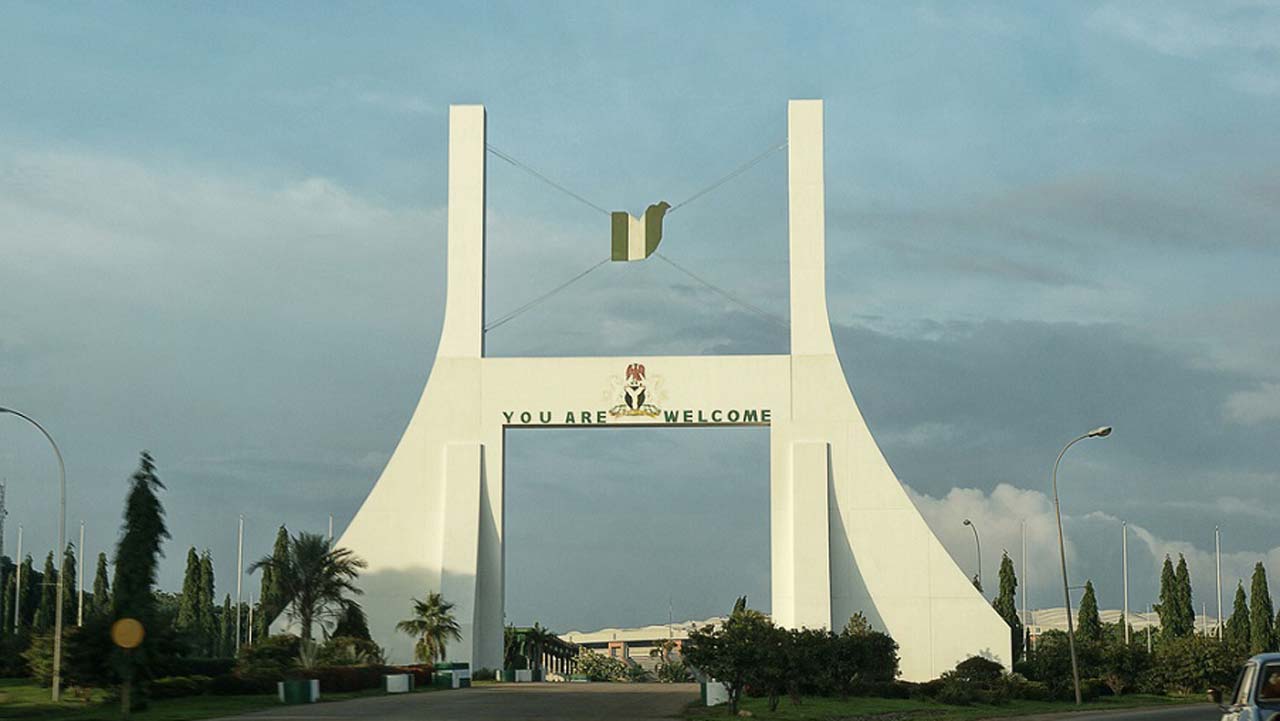Katsina Education Commissioner Introduces New School Operational Guidelines


The Katsina State Commissioner for Basic and Secondary Education, Hajia Zainab Musawa, has introduced a set of new operational guidelines aimed at private and community schools, aligning with Governor Malam Dikko Umaru Radda’s plans for education reform.
During a sensitisation workshop held on June 2, 2025, in Katsina, the Commissioner stated that these new guidelines are intended to establish a system for school operations that is open, effective, and inclusive across the entire state.
The meeting, conducted in a town hall format, brought together stakeholders such as school proprietors, principals, headmasters, administrators, teachers, and local community leaders.
“Education is the cornerstone of progress, and private and community schools play a pivotal role in shaping the future of our children,” she said.
She further outlined that the guidelines target important areas like school infrastructure, how the curriculum is taught, teacher qualifications, the well-being of students, and adherence to educational standards at both state and national levels.
“The new operational guidelines we are discussing today have been carefully crafted to strengthen the operations of private and community schools while fostering collaboration with the state government to meet the educational needs of every child in Katsina State,” she stated.
She noted that the Ministry has updated the processes for ensuring compliance and granting approvals, ensuring that only schools that meet minimum standards are allowed to function, in order to shield families from inadequate educational offerings.
The Commissioner gave an assurance that the process for school approvals will continue to be fair, open, and without improper influence.
“For community schools specifically, the guidelines require demonstration of long-term development plans involving local stakeholders, ensuring schools serve as hubs for community welfare,” Hajia Zainab said.
She pointed out that these operational rules are not yet final and are open to contributions from those involved in education.
“These guidelines are not static. We are committed to transparency and stakeholder engagement. Your feedback is vital to refining these policies,” she noted.
She also encouraged all private and community schools to take the initiative to comply with the guidelines, apply for formal recognition, train their teachers, and place strong emphasis on the care of students.
She gave her word that the Ministry would offer support in the form of resources, professional development, and partnerships, which may include the use of artificial intelligence-based tools and literacy initiatives within communities to improve student outcomes.
“As we move forward, let us remember that education is a shared responsibility. These guidelines are a roadmap to excellence, not a barrier,” the Commissioner added.
In attendance at the meeting were key figures such as the State Commissioner for Higher, Technical and Vocational Education, Alhaji Isa Musa; the Attorney General and Commissioner of Justice, Hajiya Fadila Dikko; a representative of the State Chairman, Parent Teacher Association, Alhaji Kabir Rumah; the Executive Secretary of the Science and Technical Education Board, Prof. Ibrahim Kabir Matazu; representatives from the offices of the State Commissioner of Police and the Director of the Department of State Services; and school proprietors.









